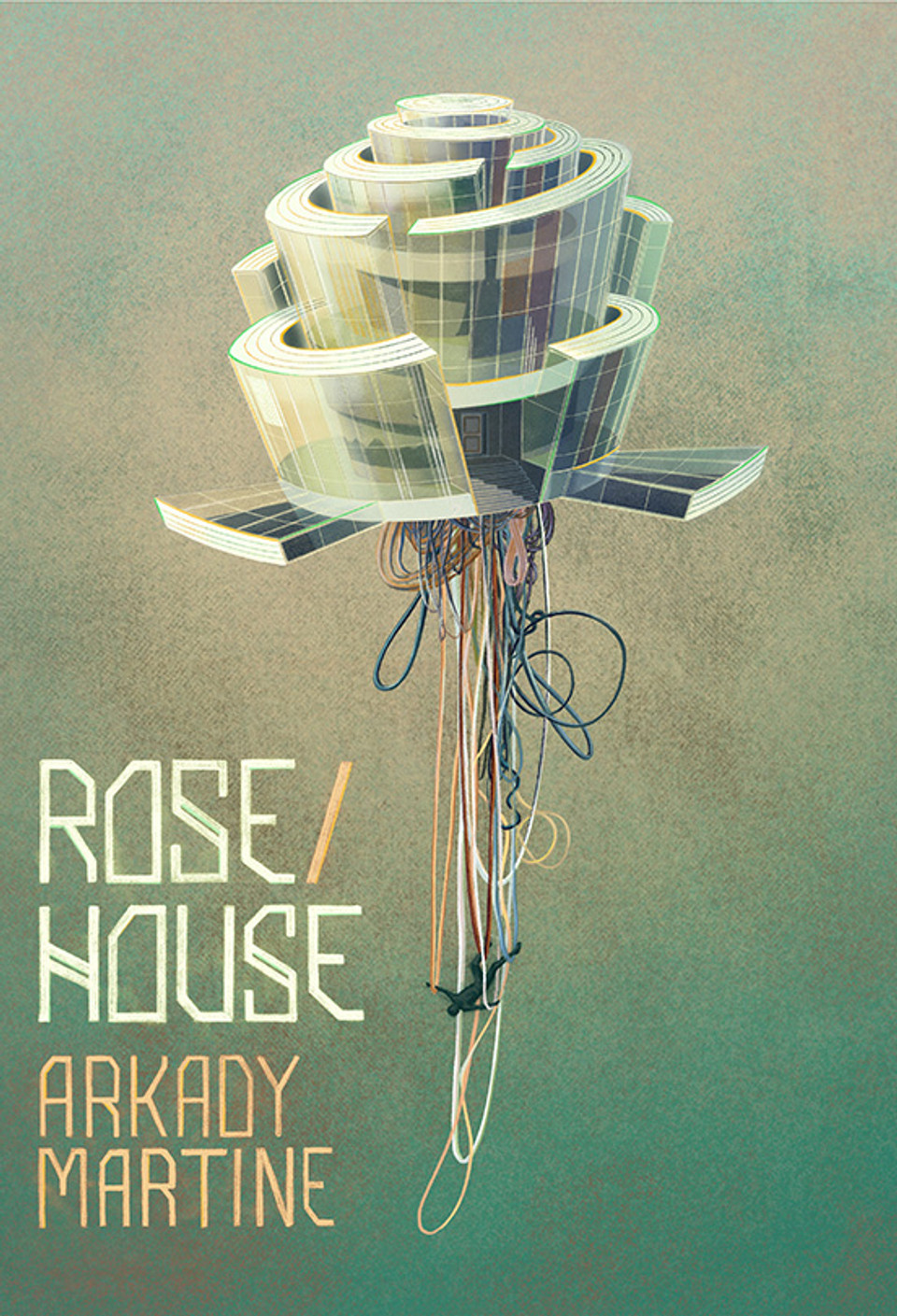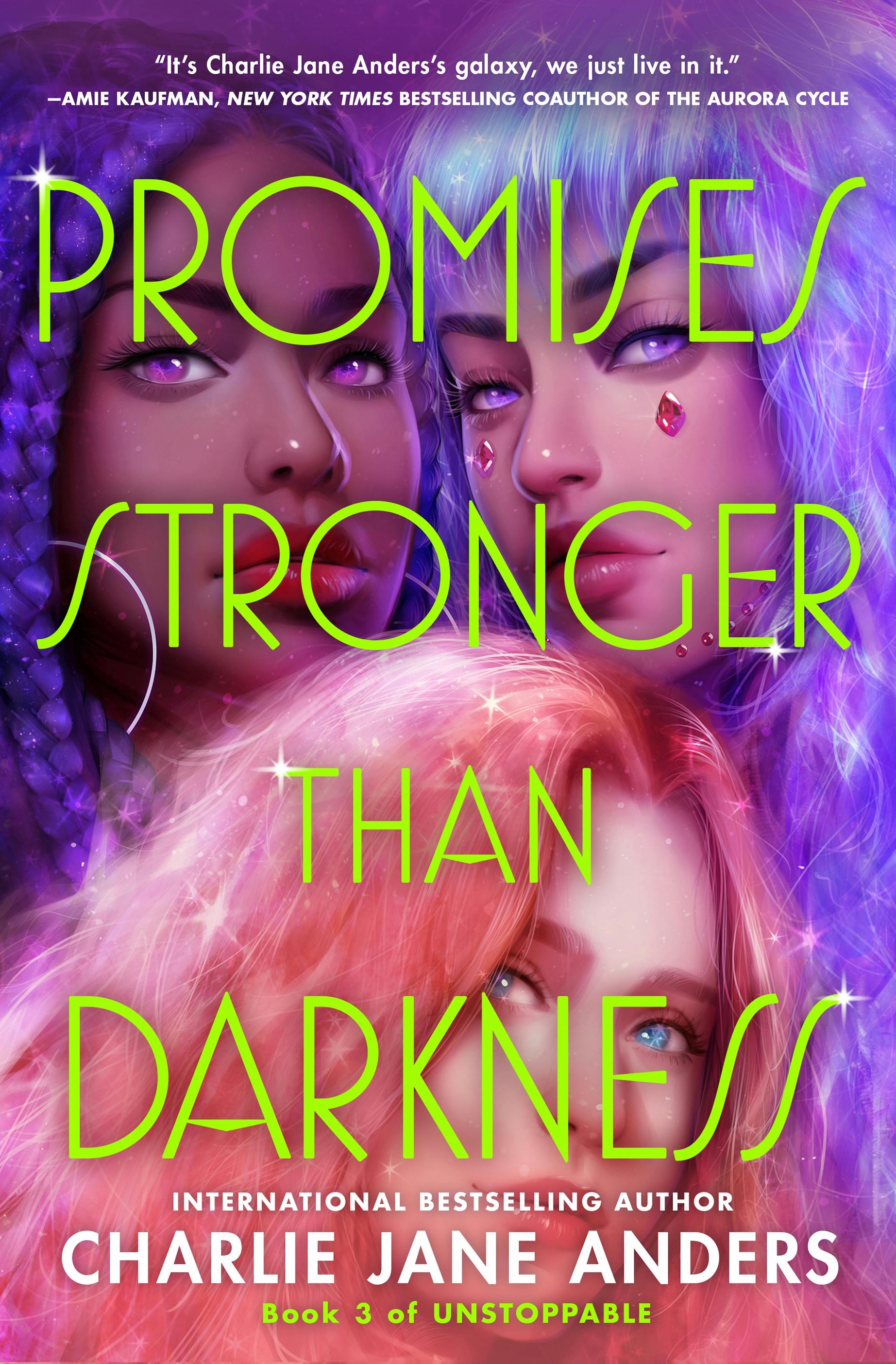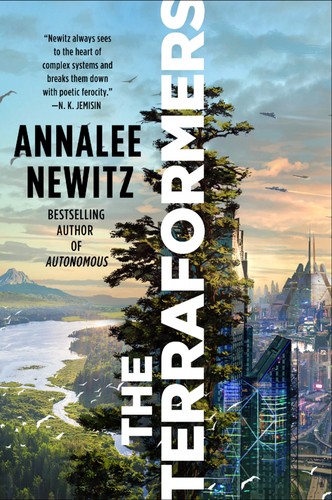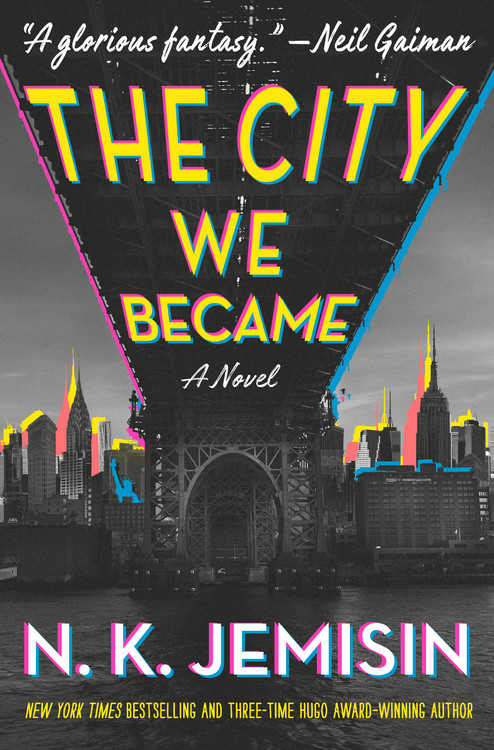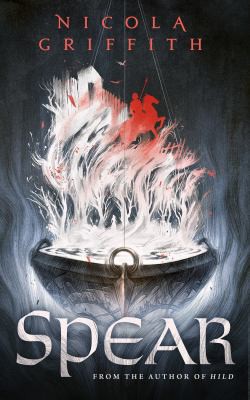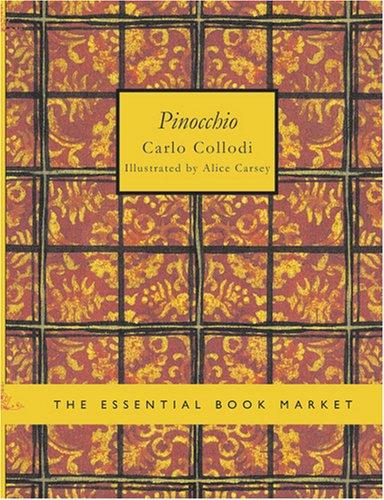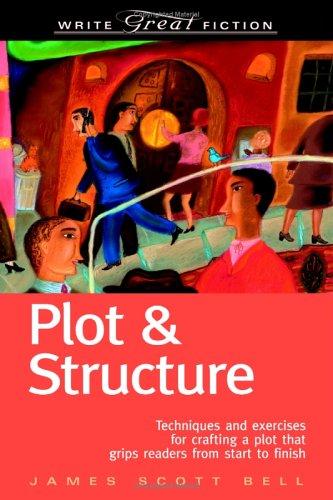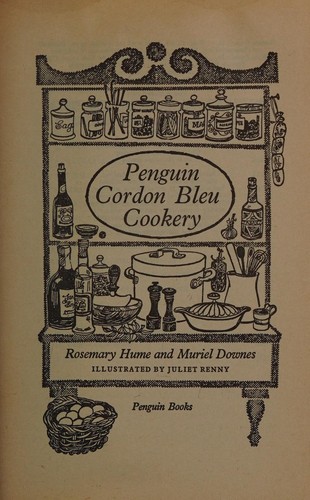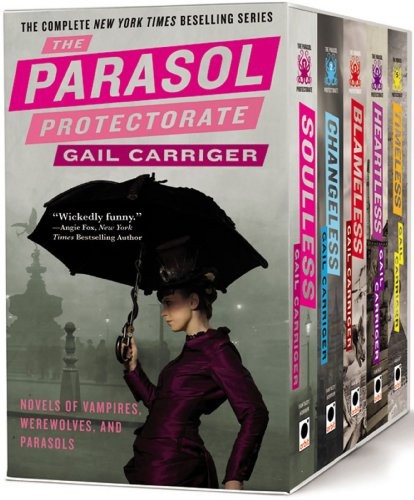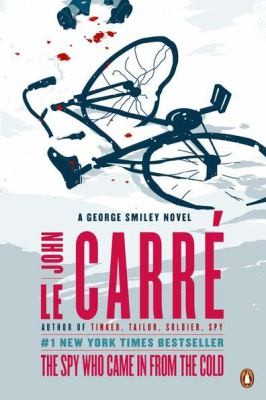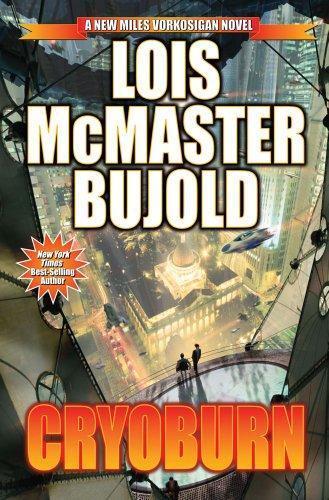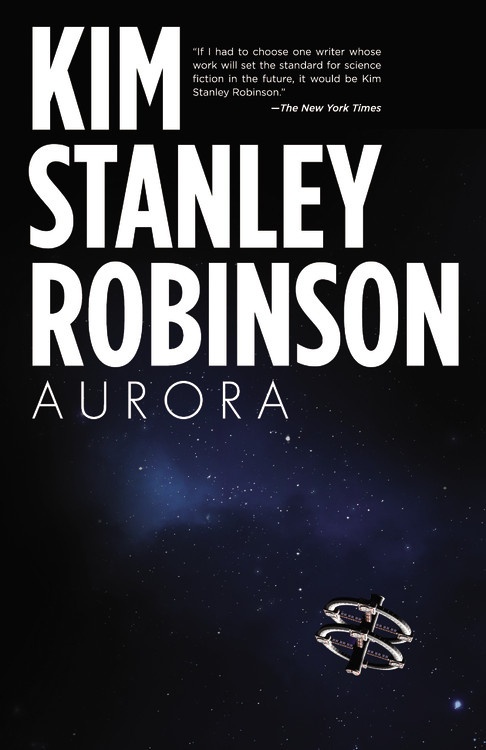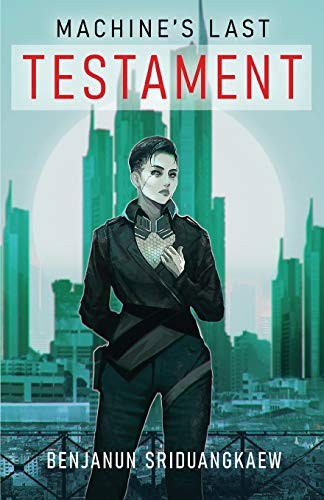Dysmorphia reviewed Rose/House by Arkady Martine
Review of 'Rose/House' on 'Goodreads'
4 stars
I could say that Rose/House is a locked room mystery, but that would be selling it short. Except maybe if I add that the locked room is an AI and is itself on the suspect list, that gives it more of its proper credit. The titular Rose House is an architectural marvel and quite possibly its dead (of old age) architect’s crowning achievement. For reasons we never quite learn, he stipulated in his will that at his death Rose House would be shut up with all his archives and watched over by its AI, which permeates the house. Only one person, the architect's estranged former protege, is allowed to enter the house, and only for a week per year. As we begin the story, the house makes a legally required phone call to a police precinct to report a dead body on its premises. How did someone get inside? How …
I could say that Rose/House is a locked room mystery, but that would be selling it short. Except maybe if I add that the locked room is an AI and is itself on the suspect list, that gives it more of its proper credit. The titular Rose House is an architectural marvel and quite possibly its dead (of old age) architect’s crowning achievement. For reasons we never quite learn, he stipulated in his will that at his death Rose House would be shut up with all his archives and watched over by its AI, which permeates the house. Only one person, the architect's estranged former protege, is allowed to enter the house, and only for a week per year. As we begin the story, the house makes a legally required phone call to a police precinct to report a dead body on its premises. How did someone get inside? How did they die? How can the detective get inside to retrieve the body if only the protege is allowed inside? These are the animating mysteries that drive the plot. But the plot is only half (at most) of the mystery.
Read the rest of my review, along with thoughts about science fiction murder mysteries in general on my blog: rinsemiddlebliss.com/posts/2023-05-12-review-moon-moth-rose-house/

